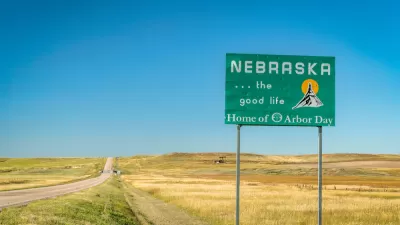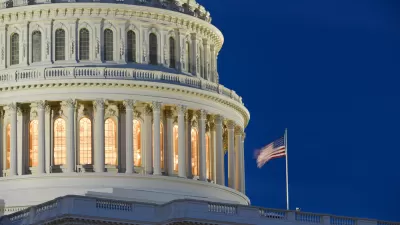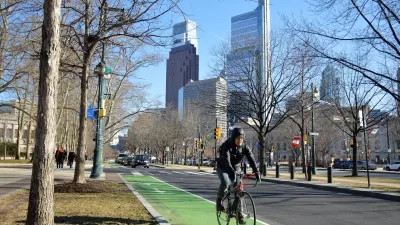Dismissed earlier in the year as a method too slow to revive the economy, infrastructure investment is now receiving renewed attention as a bailout for the country.
Most experts still think infrastructure spending is a slower way to put money in consumers' hands than simply mailing out government checks the way President Bush did over the summer. What's changed is that the economic crisis now looks to be so deep and likely to last so long that a stimulus plan that pumps out benefits for months and years seems to fit the situation -- with the added bonus of providing long-term benefits to the country."
"'Now we're in a situation where it looks like we're going to be in a prolonged downturn, so speed is still relevant, but it's not the be-all end-all,' said Douglas W. Elmendorf, a former economist for the Federal Reserve Board, the Treasury Department and the Clinton White House."
"Infrastructure spending, which is supported by President-elect Barack Obama, is expected to be a centerpiece of a $60-billion to $100-billion stimulus package Democrats may bring before Congress in a postelection session later this month."
"Lawmakers are looking at a wide range of projects, such as building new roads and repairing old ones, improving airports, and constructing schools and sewage treatment plants. They also are considering making funding available to help transit agencies buy buses and rail cars."
FULL STORY: As a road to a better economy, an old idea gains ground

Maui's Vacation Rental Debate Turns Ugly
Verbal attacks, misinformation campaigns and fistfights plague a high-stakes debate to convert thousands of vacation rentals into long-term housing.

Planetizen Federal Action Tracker
A weekly monitor of how Trump’s orders and actions are impacting planners and planning in America.

San Francisco Suspends Traffic Calming Amidst Record Deaths
Citing “a challenging fiscal landscape,” the city will cease the program on the heels of 42 traffic deaths, including 24 pedestrians.

Defunct Pittsburgh Power Plant to Become Residential Tower
A decommissioned steam heat plant will be redeveloped into almost 100 affordable housing units.

Trump Prompts Restructuring of Transportation Research Board in “Unprecedented Overreach”
The TRB has eliminated more than half of its committees including those focused on climate, equity, and cities.

Amtrak Rolls Out New Orleans to Alabama “Mardi Gras” Train
The new service will operate morning and evening departures between Mobile and New Orleans.
Urban Design for Planners 1: Software Tools
This six-course series explores essential urban design concepts using open source software and equips planners with the tools they need to participate fully in the urban design process.
Planning for Universal Design
Learn the tools for implementing Universal Design in planning regulations.
Heyer Gruel & Associates PA
JM Goldson LLC
Custer County Colorado
City of Camden Redevelopment Agency
City of Astoria
Transportation Research & Education Center (TREC) at Portland State University
Jefferson Parish Government
Camden Redevelopment Agency
City of Claremont





























